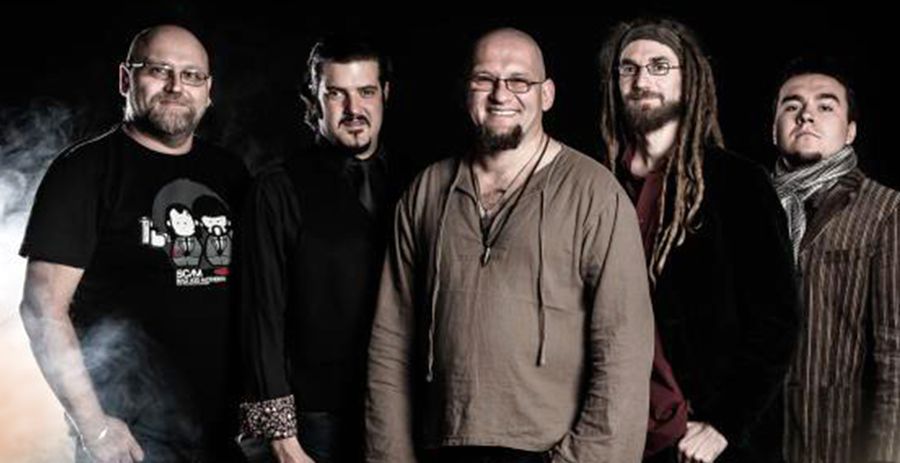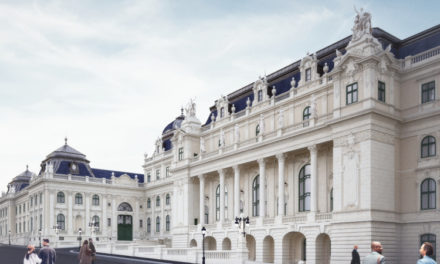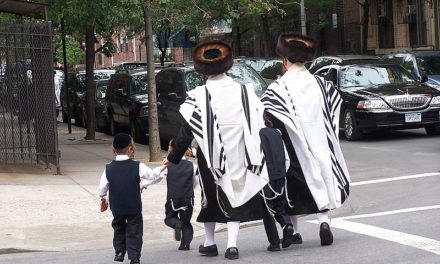The works of Sándor Petőfi will be performed in a never-before-heard version at a special concert on March 4 at 7:40 p.m. on the Danube. On the occasion of the Petőfi bicentenary, György Ferenczi asked prominent figures of the Hungarian musical life to give an unusual concert in honor of the poet to the audience of the public media. Folk musician Pál István talked about the details of the event in advance in his program Duna Almárium.
In the past 17 years, György Ferenczi and his orchestra, the 1ső Pesti Rackák, have set countless Petőfi poems to music. On the occasion of the 200th anniversary of the poet's birth, he will give a large-scale concert of these on the Danube.
The two-time Artisjus award-winning musician and his band will be joined at the concert on March 4 by such soloists as folk musician Pál István "Szalonna", violin virtuoso Roby Lakatos, Oláh Ibolya, the winner of A Dal 2022, and the Antares orchestra.
The performers will be accompanied by Hungary's most innovative big band, the Modern Art Orchestra, led by Kornél Fekete-Kovács, as the crowning glory of the special musical fusion.
The artistic director of the Hungarian State Folk Ensemble, István Pál "Szalonna", told about the details of the concert as a guest of the Almárium, according to whom the rhythm of Petőfi's poems blends perfectly with the folk music, but even the blues-rock elements suit him well, adding a special spice to the productions.
"Musical crossovers are exciting, but only if the genres can handle each other and the musicians are comfortable. The Petőfi 200 concert produced a sumptuous sound. Gyuri Ferenczi had great knowledge and good sense to create this. He has been familiar with folk music for decades, visited dance halls, where he absorbed the rules of the genre, and also immersed himself in the culture of Woodstock rock music and Jimi Hendrix's virtuoso guitar playing," said the Ferenc Liszt Prize-winning folk musician in the Duna program.
István Pál added that, thanks to the unique pulsation of the Hungarian language, it was possible to pair poems with different themes and types of folk songs well: the revolutionary poems were accompanied by verbose melodies, and the lyrical works by the sound of laments.
Source and full article: Felvidek.ma/MTVA
Featured Image: Facebook












